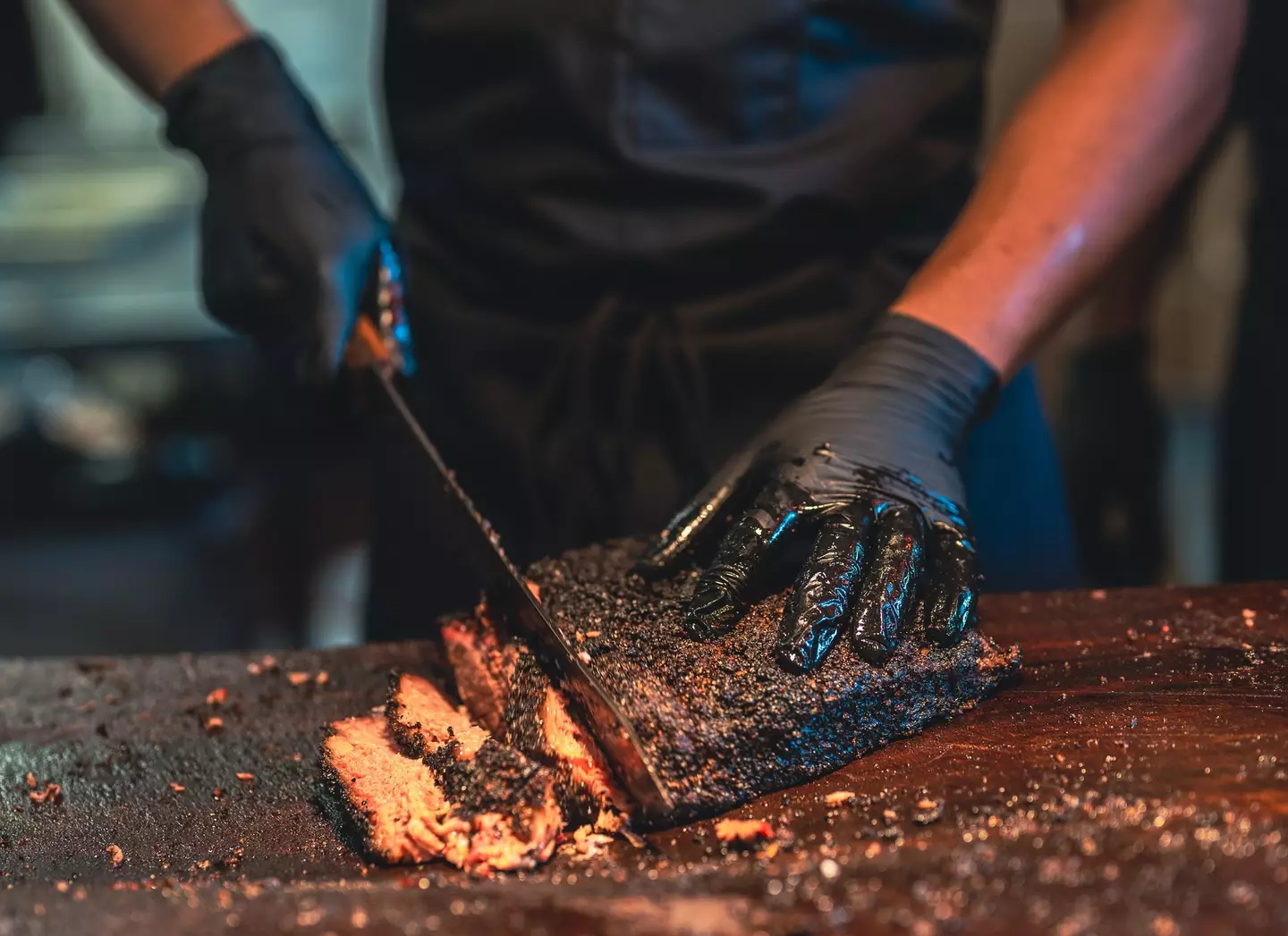A recent study suggests that the way we cook our food might be impacting our health negatively. The saying ‘we are what we eat’ emphasizes the importance of our diet in maintaining good health.
In the United States, the obesity crisis continues to grow, largely fueled by a diet rich in sugar and saturated fats. While medical professionals have long advocated for a balanced diet featuring whole foods, new research indicates that cooking methods can also play a crucial role in our health outcomes.
The study highlights that high-heat cooking techniques used to enhance flavor, color, and aroma in popular foods like smoked meats, crispy chicken, and golden fries may be detrimental to our health.

This process, known as the Maillard reaction, occurs when natural sugars interact with proteins at high, dry heat. While it creates appealing characteristics in food, it also releases harmful compounds known as advanced glycation end products (AGEs).
These AGEs are prevalent in charred or browned foods, typically produced through grilling, roasting, frying, and searing. They can also occur naturally in the body, but an excess accumulation has been linked to inflammation and various health problems, such as tissue stiffness, cellular dysfunction, diabetes, heart disease, and memory issues.
Excessive AGE levels are associated with serious health conditions, including cardiovascular diseases, kidney disease, and Alzheimer’s, as noted by the German Institute of Human Nutrition Potsdam-Rehbruecke and others.
Ed McCormick, a food science consultant from New Jersey, explained to the New York Post that consuming more browned foods can contribute to oxidative and inflammatory stress.
The National Cancer Institute also cautions that consuming charred meat or cooking it at high temperatures may increase cancer risk.

McCormick noted that AGE formation is more likely in meals with bacon and cheese toppings, skin-on chicken, and marbled meats. Additionally, cooking with sugary sauces, such as glazes or barbecue flavors, can elevate AGE levels further.
Fortunately, there are ways to minimize these effects, primarily through cooking methods that incorporate water. Steaming, poaching, simmering, and boiling not only preserve nutrients but also significantly reduce AGE formation, with a 2013 study showing these methods can cut levels by about 50 percent.
Interestingly, marinating meat in vinegar or citrus juice for an hour before cooking can also reduce AGE formation by half.

